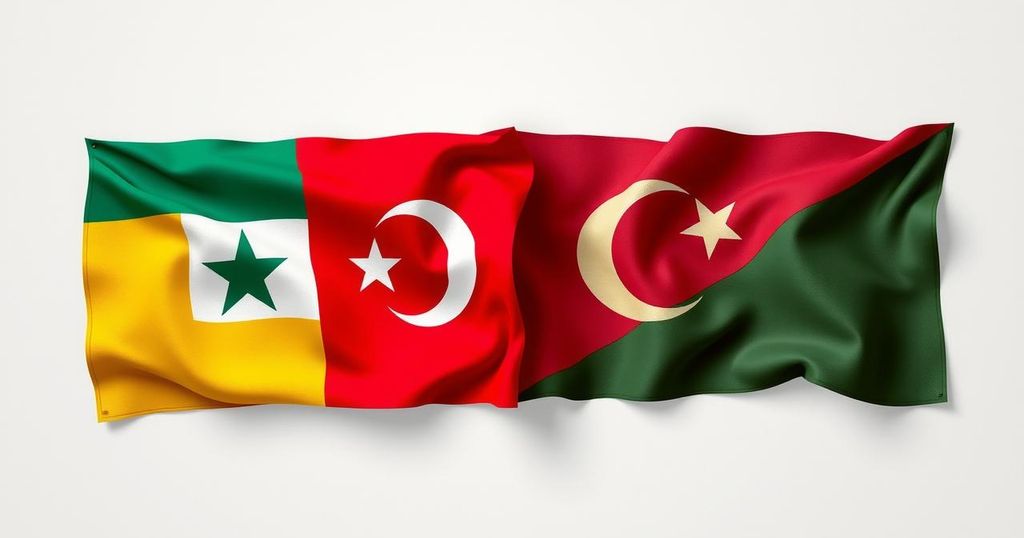Ethiopia and Somalia Forge Agreement to End Somaliland Port Dispute
Ethiopia and Somalia have reached a historic agreement in Turkey to resolve the dispute over Somaliland’s harbor development project. The pact, which has been welcomed by Turkish President Erdogan, aims to foster mutual respect for sovereignty and ensure Ethiopia’s access to the sea. Both nations are set to resume technical talks in February to create beneficial commercial arrangements while re-evaluating prior agreements.
Ethiopia and Somalia have reached an agreement to resolve their conflict regarding a port that Ethiopia intends to construct in the self-declared independent territory of Somaliland. This development came after discussions held in Turkey, where Turkish President Recep Tayyip Erdogan hailed the pact as a significant advancement for the landlocked nation’s access to maritime routes. Both Ethiopian Prime Minister Abiy Ahmed and Somali President Hassan Sheikh Mohamud expressed their commitment to uphold each other’s sovereignty during a joint press conference following these talks.
The strife between Ethiopia and Somalia escalated in January when Ethiopia announced a deal with Somaliland to lease part of its coastline for a naval base, raising regional tensions significantly. Somalia, considering Somaliland a part of its territory, reacted strongly against this arrangement, leading to fears of broader conflict within the region, especially given Egypt’s support for Somalia in light of its grievances against Ethiopia’s dam constructions on the Nile River.
In his remarks about the agreement, President Erdogan stated that this accord marks the beginning of a new chapter, acknowledging the constructive approaches taken by both leaders in resolving their disputes. President Mohamud expressed Somalia’s willingness to collaborate with Ethiopia, while Prime Minister Abiy assured that Ethiopia’s pursuit of ocean access does not pose a threat to Somalia’s interests.
Notably, the recent election of Somaliland’s new president, Abdirahman Mohamed Abdullahi, prompted discussions around reevaluating the maritime agreement, though he did not mention it during his inaugural address. As part of the joint declaration made in Ankara, both nations agreed to hold further technical discussions in February, aiming to establish cooperative commercial agreements that would grant Ethiopia access to the sea while respecting Somalia’s sovereignty.
The dispute between Ethiopia and Somalia over Somaliland’s port has deep historical roots, largely stemming from Somaliland’s declaration of independence from Somalia over 30 years ago, which Somalia still contests. Ethiopia, being a landlocked country, has sought alternative means to access maritime routes for trade and resources. The recent tensions intensified following Ethiopia’s controversial maritime agreement with Somaliland, viewed by Somalia as a significant encroachment on its territorial integrity. The geopolitical landscape in the Horn of Africa is further complicated by Egypt’s support of Somalia due to its disputes with Ethiopia regarding the management of the Nile River, creating a merging of regional interests that often results in conflict.
The recent agreement between Ethiopia and Somalia signifies a momentous step toward resolving longstanding tensions over Somaliland’s port. By reaffirming respect for each other’s sovereignty, both nations seek a peaceful resolution to their historical disputes while considering their strategic interests in the region. The planned discussions for February demonstrate a commitment to fostering diplomatic relations and establishing mutual benefits that could stabilize the Horn of Africa and enhance economic cooperation, a crucial development for both countries.
Original Source: www.bbc.com




Post Comment